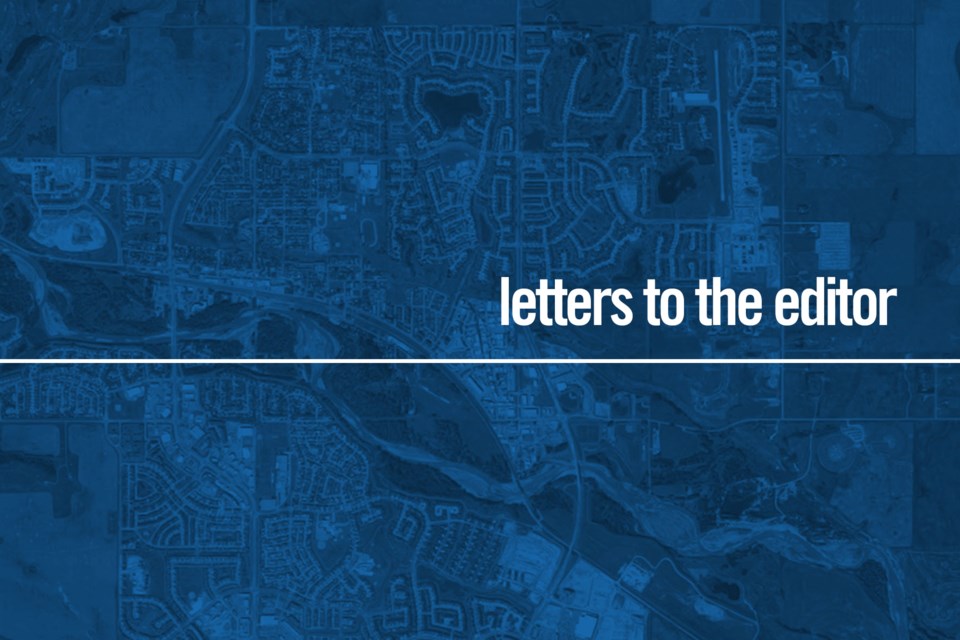Dear Editor,
Recent opinion pieces in this paper by the Canadian Taxpayers Federation and the Fraser Institute have managed to divorce taxes from the benefits they bring to our communities — schools, hospitals, roads, etc. — and all the hard-working people who provide those essential services. We all need to see real value in our daily lives, not wasted tax dollars.
Which is why it is maddening to never hear the above ‘experts’ rail against federal and provincial tax credits dished out year after year to fossil fuel corporations. Environmental Defence keeps a running total and 2023 amounted to $16.8 billion in corporate tax subsidies. Meanwhile, the 2023 net earnings of the six corporations that comprise the Pathways Alliance were $28.5 billion.
Albertans and Canadians are propping up this profitably pollutive industry when it is abundantly clear they do not need it.
Ending that gravy train and redirecting those misappropriated tax dollars to solve problems in our kids’ education system and to bolster rural and urban healthcare services would be a win-win for every Albertan. And yes, some of those funds (plus the carbon tax) should also be directed to supporting our transition to renewable energy.
Why? The root causes behind the recent wildfire catastrophe in Jasper (and others in Fort McMurray, Slave Lake) are complex but the linkage between climate change and the burning of fossil fuels as being a major contributing factor has been proven by science and data.
The current carbon status quo is not sustainable and electrification is coming. EVs and hybrids, like all new vehicles, are still expensive but they will come down dramatically in price, as will the mass production of the solar, wind, and storage systems to power them, which are being installed and integrated successfully around the world. Alberta can either lead or lag here.
Other key points to consider from Kris Sims’ article: EVs have a cheaper operational cost, thus the owner saves money. Studies that track EV adoption and respiratory emergency room visits show that the more EVs on the road, the greater the healthcare savings.
It makes no sense that the author considers adding more Site C dams and nuclear to the grid when renewables and storage are so much quicker and cheaper to install and operate.
Additionally, the costs of inaction on the climate crisis are numerous: astronomical insurance rates to cover losses; further erosion of government services; increased taxes as limited funds are redirected to fight wildfires and rebuild destroyed infrastructure; diminishing air quality and related health issues and climbing remedial costs.
It is not ‘un-Albertan’ to challenge those who seek to shield the legacy fossil fuel industry from scrutiny when the goal is to ensure our tax dollars are spent wisely on Albertans, not corporations, for our long-term benefits.
Gord Petersen
Okotoks



